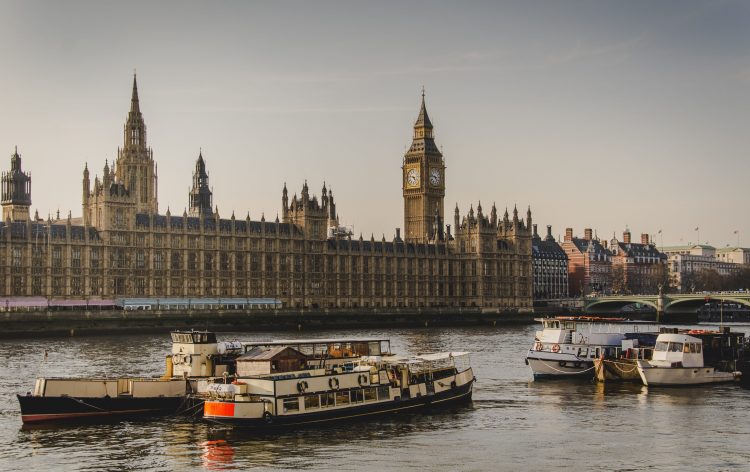Limits Set Within The UK Gambling Market

With the availability of the information and having considered all of the innovations and the extremely high activity in the gambling market, a UK parliamentary group has definitely a word to say on its behalf. There might be several new regulations implemented in the sector in order to cope with more responsibility gaming.
It was earlier this week when the All-Party Parliamentary Group (APPG) on Gambling Related Harms released the report on their Online Gambling Harm inquiry, which calls on the government to urgently introduce new gambling legislation with a focus on harm prevention and security preservation.
New Limits
Within the inquiry, there have been several topics that were touched by the group, which they have the most concerns about and want to launch certain regulations in order to prevent further harm. The amendments include sweeping curbs on the online casino sector, first of which is a reduction in maximum slots stakes to £2 per spin. As mentioned in several reports the disparity in content controls and stake and deposit limits between online and offline limits exists. As such, the APPG sees “no justification for having slot machine-style games online with staking levels above £2.”
The APPG also calls for a ban on funding online payments with credit cards, giving banks a greater role in determining customer affordability checks, restricting VIP accounts and inducements to gamblers, requiring operators to “commit to fund-blocking software” that would be provided free to self-excluded gamblers, and imposing a “smart statutory levy” of 1% of gambling revenue to fund harm-related research.
All of the regulations are introduced in order to have a more responsible approach to gambling marketing. An initiative on banning on gambling sponsorships of sports teams or leagues, plus an end to digital pitch-side promos. There already are important role players, who are the broadcasting companies that have been resistant to the clampdown on advertising. Affiliate marketing is another topic of review, stating should the senior staff employed by affiliate marketing companies have a specific personal license as well, which is issued by the UK Gambling Commission.
The license that is provided by the UKGC, should be monitored slightly better, as they need to ensure that there is an actual cease in active trading in jurisdictions that have not formally legalized online gambling. This needs to be regulated in order to have the full protection of children and the vulnerable in every market of the business, and even if the concerns exist an independent researched can be undertaken.
UKGC The GoalKeeper
Comments have been made by the representatives of the companies and the governmental structures concerning the ongoing situation with the regulations in the gambling sectors. While UKGC is the goalkeeper of the gambling sector protecting the industry, with setting specific limits when needed, but also giving the tries for the other players to see how far they can go without crossing the limits. Despite UKGC being one of the most important figures, APPG is another player in the field, that declared that the UKGC’s failure to address online stakes and deposit limits makes the nation’s gambling regulator “unfit for purpose.”
Vice-chair Iain Duncan Smith said UK online operators had for too long “exploited vulnerable gamblers to little or no retribution from the regulator,” apparently unaware of the millions of pounds the UKGC has extracted from its online licensees in recent years for regulatory shortcomings.
The UKGC reacted by noting that the APPG hadn’t bothered to consult the regulator before releasing its report, adding that online stake limits are part of the UKGC’s current consultation on the use of credits cards for funding online play.
The topic of recent statistics on youth involvement in the gambling industry have been also raised. Statistics show that there is drastic rise in the number of youth who claim to have gamble online, though majority of the youngsters have admitted that they have gambled with their parent’s account or with the permission of their parents, which in either way is not something that either UKGC or APPG can do much, unless copping with an Australian-style facial recognition requirements.
What’s Next
there are always consequences of the actions that we take. And the fact that we are fully aware of the methodology that APPG has used previously, it still maintains as the subject of criticism.
It’s also worth noting that a recent report by PricewaterhouseCoopers (PwC) indicated that, while unauthorized online operators currently account for only around 1.2% of UK online betting turnover, “further regulations may lead to frictions in the customer experience … and drive gambling further into the black market.” By also acknowledging the fact that many of the initiatives are very good and definitely stand with the reason behind, some of the unintentional consequences can always popo up as a big issue at some point, especially while talking about the gambling industry and how much it is interconnected with the black market.






























Comments (0 comment(s))